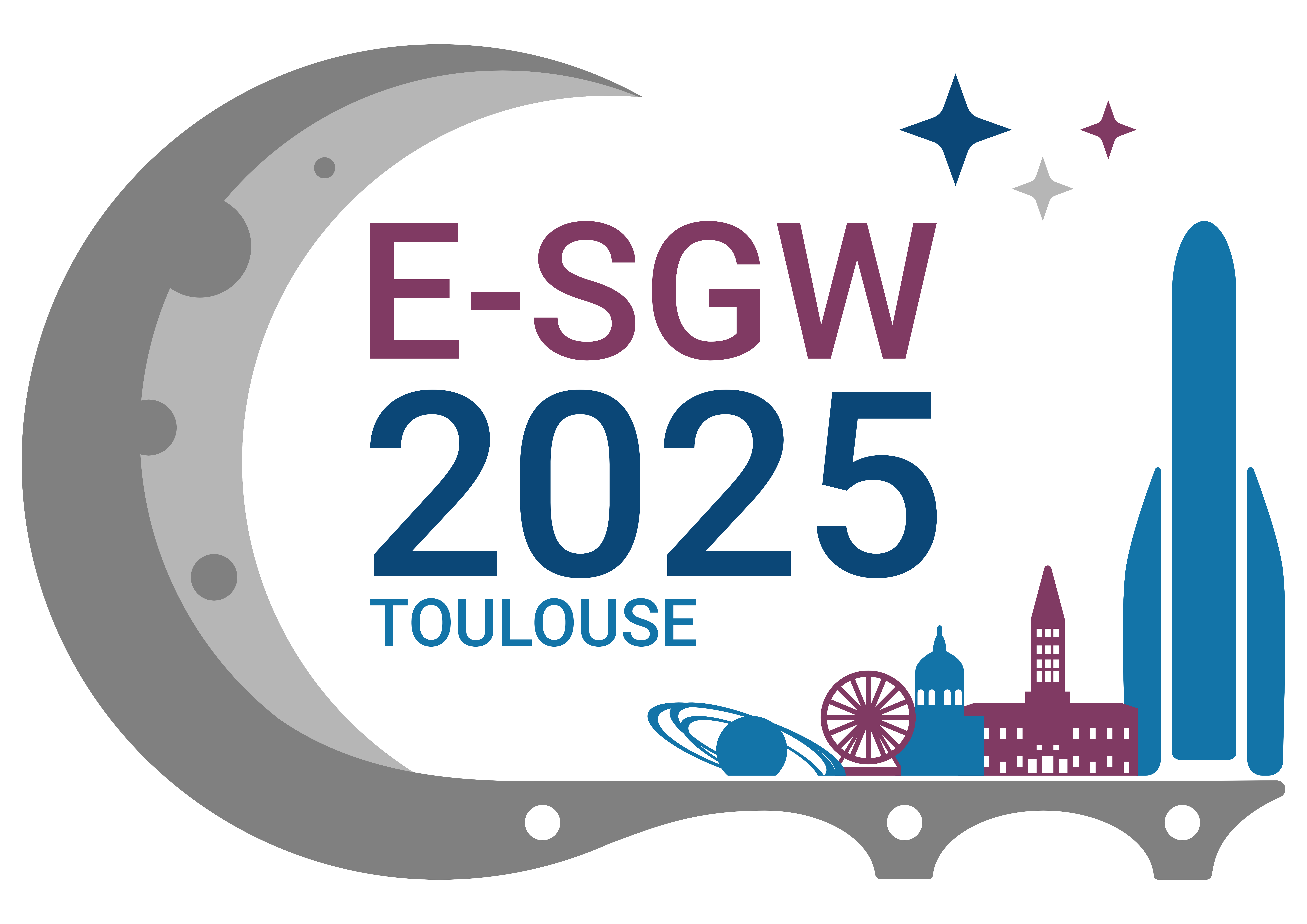Space Generation Congress Working Groups
The following is a list of Working Group topics that will be the focus of SGC2019. Additional detail will be added once it is available so check back regularly for more information.
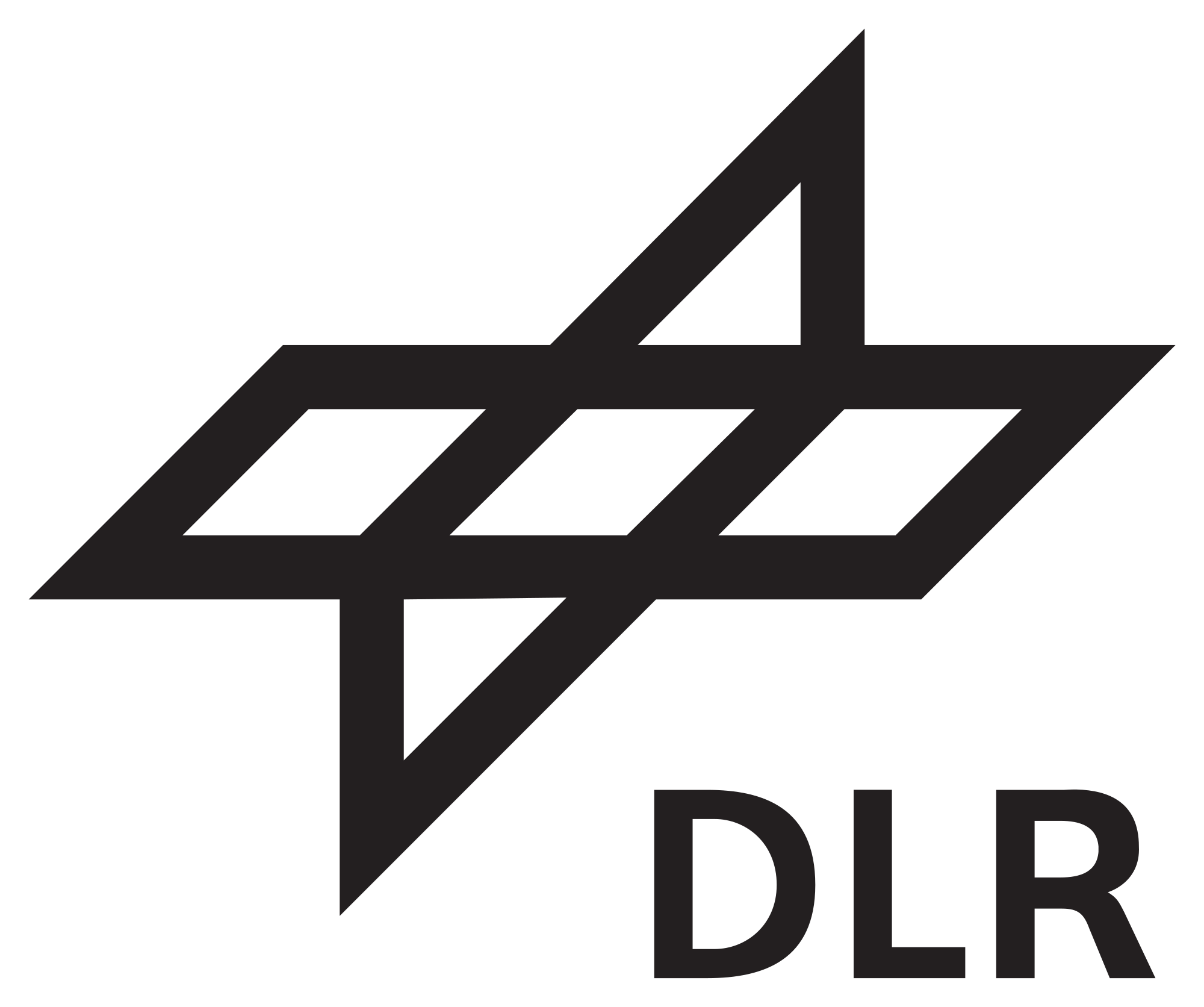
German Aerospace Center (DLR)
Working Group Title: Post-ISS Activities in the Low Earth Orbit
For decades the International Space Station ISS has demonstrated not only long-term international cooperation between 14 partner governments but also a significant engineering and programmatic achievement mostly as a compromise of budget, politics, administration and technological feasibility. Due to high safety standards required for human spaceflight activities, these technologies are often conservative and new developments require patience and waiving ‘state-of-the-art’ technologies. A paradigm shift to more innovation and risk acceptance can be observed in the development of new markets by shifting responsibilities to private entities and broadening research disciplines, demanding faster access by users and including new launcher and experiment facilitator companies. The leading spacefaring nations are developing their individual programs for the time after ISS: NASA shifts LEO operations and utilization to competing US commercial companies while focusing on the next preparatory steps of exploration of asteroids, the Moon and in the long-term, Mars. Russia plans new human-rated space infrastructures at various optional locations in space rather than committing to continue the utilization of its dated ISS modules. In the field of human spaceflight, China continues with its Chinese Space Station CSS and prepares its next objective: a human Moon landing. Europe’s human spaceflight partners tend to consider new platforms in LEO or cis-lunar space and utilize ISS as long as possible. Europe itself is interested in continuing research in LEO in particular within the human spaceflight area as discussed by the ISECG, depending on the funding commitment. There is a common understanding that a platform in LEO is crucial for continuous research, technology demonstration, Earth observation, commercial use and for preparing the next steps for going to Moon or even Mars. The task of the working group is to review, compare and evaluate the different worldwide approaches wrt human spaceflight in LEO after ISS and, furthermore, discuss possible new ideas and use cases including international cooperation.
Questions for discussion for each session
-
Focus: How do the post ISS plan for each of the entities involved compare? (USA, European Union, Russia, China, etc) and which plans of the post ISS activities would benefit from international, collaborative approach.
Desired outcome: Identified opportunities of collaboration and partnership. -
Focus: Discuss the implications of inclusion of the private sector in post ISS activities, merits and demerits.
Desired outcome: Outcomes on best management of the risks involved. - Focus: What lessons can we learn from the ISS to date.
Desired outcome: Gathering ideas from what worked and what didn’t before 2024 to advise plans for post ISS activities after 2024. - Focus: How should these lessons affect plans for post ISS activities going forward.
Desired outcome: Discussions around advancements for a better and longer lasting outcome (scientific, infrastructural, economic, political, etc).
Moderator
Manfred Ehresmann
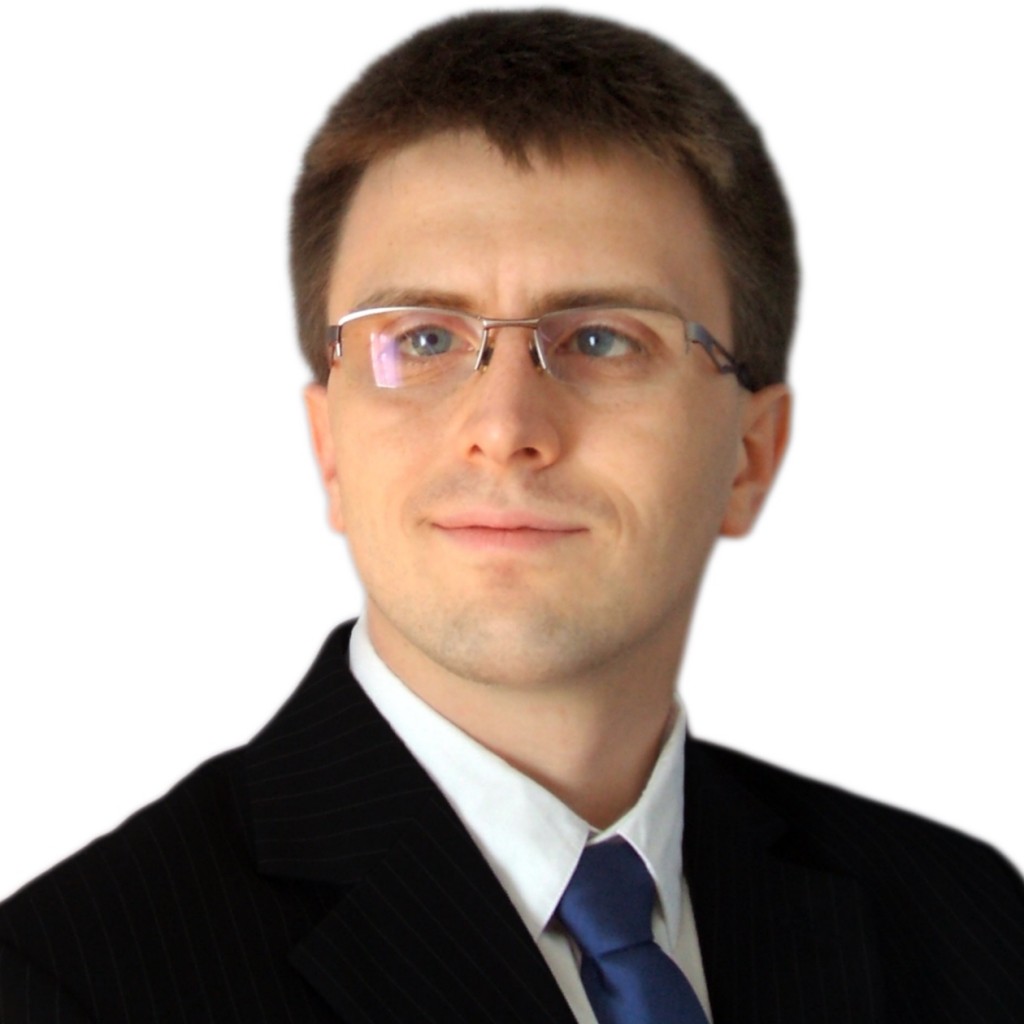
Manfred Ehresmann is currently a PhD candidate at the Institute of Space Systems University of Stuttgart, Germany. He is developing software for optimized holistic spacecraft design by using evolutionary algorithms to adapt systems, configuration and operation parameters for optimal performance.
He is one of the founders and former chairman of the Small Satellite Student Society KSat e.V., which is student society dedicated to direct participation of students in aerospace projects.
He is a principal investigator and project supervisor of the PAPELL experiment, which was conducted in 2018 on the International Space Station, which experimented with ferrofluids and externally applied magnetic fields to produce the proof of concept for mechanic-free actuators for space applications.
Subject Matter Expert
Dr. Oliver Romberg
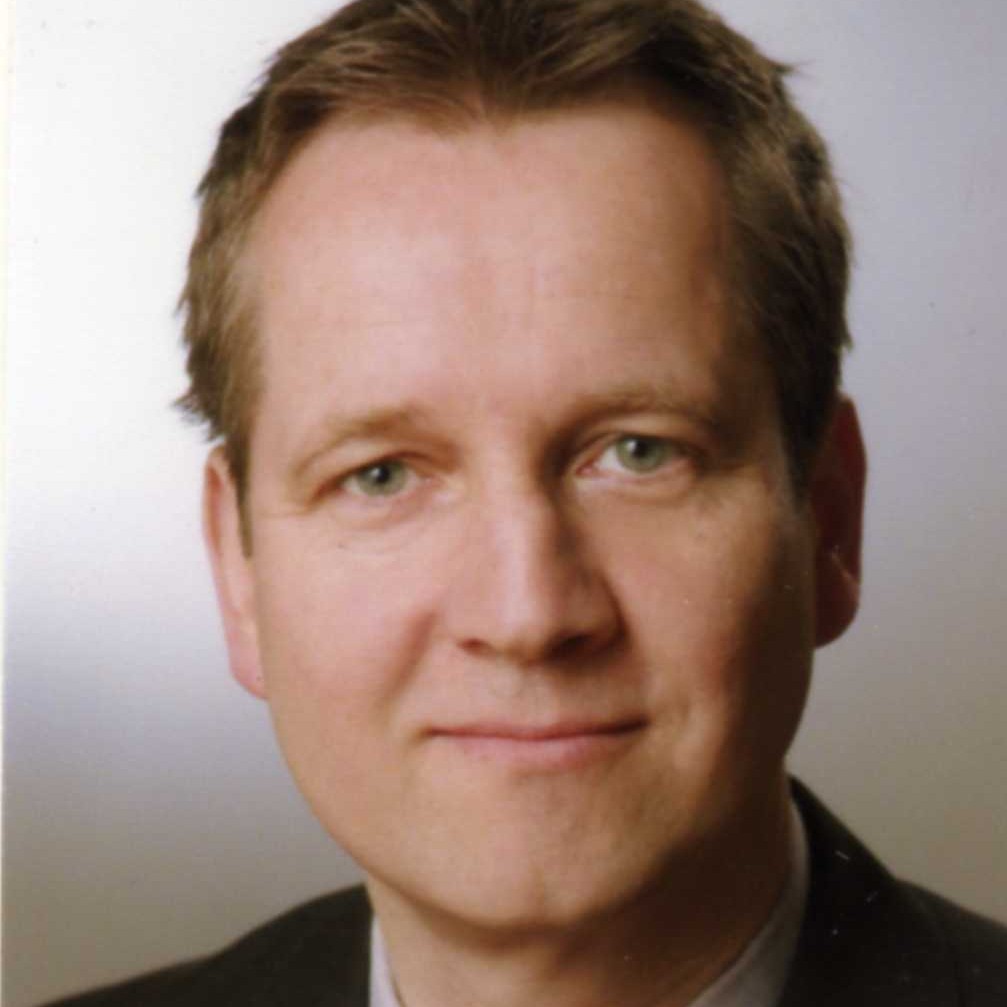
Dr. Oliver Romberg studied Mechanical Engineering with specialization in Mechanics, performed his phD at the Institute for Mechanics of the University of Hannover in 1998 and worked since then in the field of Space Technology. In the year 1998 he started in the company OHB System in Bremen, Germany as a Systems Engineer, Project Manager and later as deputy department head. In parallel he gave lectures in Mechanics at the University of Applied Science in Bremen. Since 2007 Dr. Romberg works as head of the DLR department System Analysis Space Segment for the German Aerospace Center. As assistant professor, he gives lectures in Systems and Concurrent Engineering at the University of Bremen.
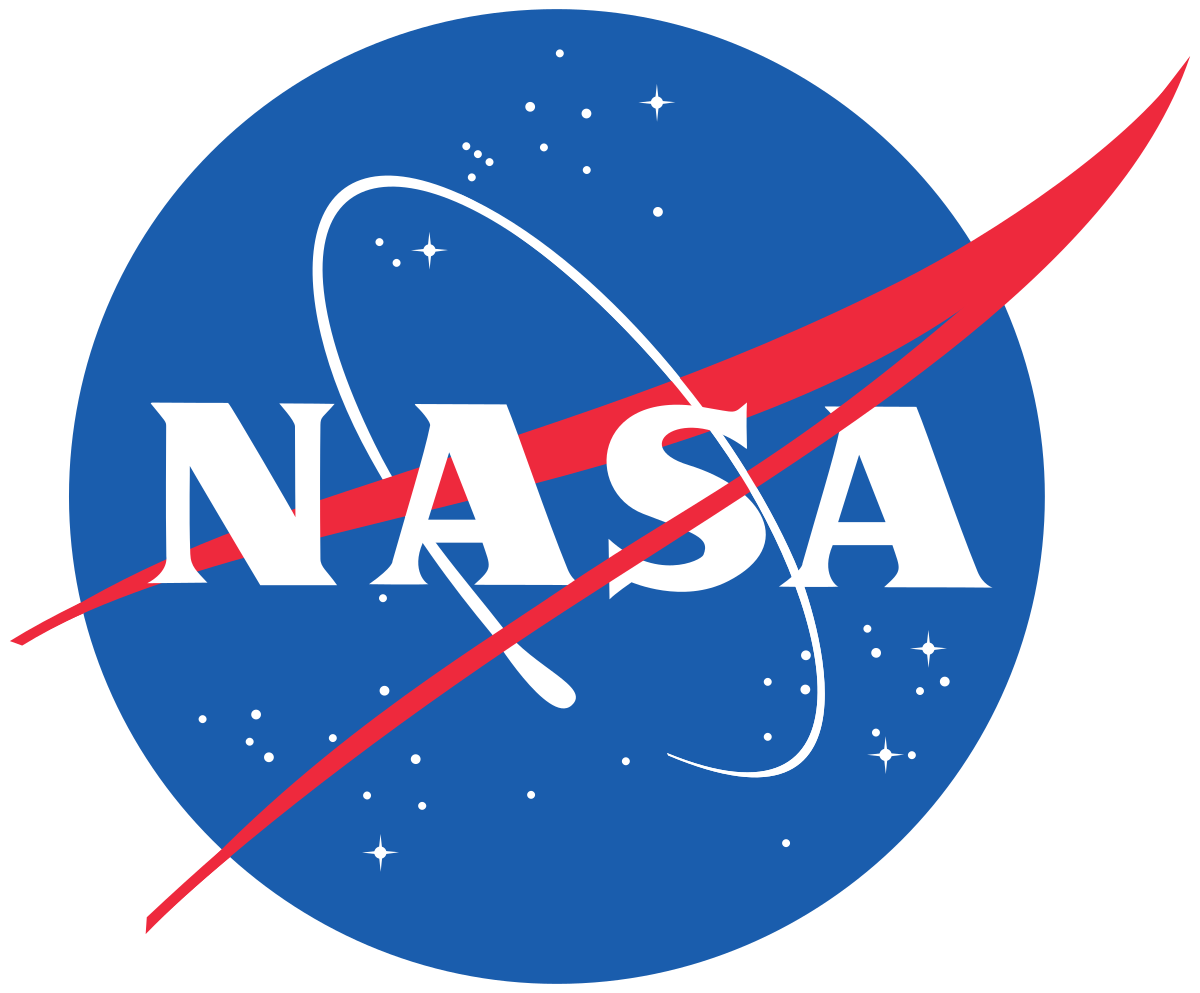
National Aeronautics and Space Administration (NASA)
Working Group Title: Space Exploration
NASA has accepted a bold challenge from the U.S. President to land the next man, and the first woman, on the lunar South Pole in 2024. The agency is leveraging the combined expertise of its workforce, U.S. industry, and international partners to develop a robust human presence on and around the Moon. NASA plans a parallel, two-phased return to the Moon – both of which start now. The first is speed: accelerating development of the most crucial systems to land humans on the Moon by 2024, and deploying robotic missions to the lunar surface to learn more about the lunar environment through NASA’s Commercial Lunar Payload Services program. The second phase is focused on creating the sustainable infrastructure on and around the Moon that will make it possible to develop reusable systems and a steady cadence of astronaut expeditions to multiple destinations of interest on the lunar surface. The goal of the Exploration Working Group is to identify key areas of science, technology, and exploration advancement that international space agencies can begin working on now to ensure a prosperous international human lunar presence on and around the Moon by the late 2020s. Working Group members should discuss the benefits of a single, international lunar base versus multiple bases led by different countries. They also should identify political, economic, strategic, and practical obstacles, as well as cooperative opportunities to support a thriving lunar economy with increasing global contributors from the government, private, and academic sectors.
Questions for discussion for each session
- Focus: What are the merits and demerits of: 1) Single Lunar base managed collaboratively by all involved countries; 2) Multiple lunar bases managed individually by different countries.
Desired outcome: Comparative analysis of the benefits of single lunar base vs multiple lunar bases.
- Focus: What are the foreseen opportunities and challenges in the political, economic, strategic and practical context for the establishment of a lunar economy?
Desired outcome: Recommendations that advise planning efforts, priority areas and resource allocation. - Focus: Which sectors of priority should be focused on now for a successful establishment of a lunar economy?
Desired outcome: A success road map for the activities of a thriving lunar economy. - Focus: Which areas of collaborations are identifiable that will result in a thriving lunar economy?
Desired outcome: Comparison and grouping of sectors and the different levels of partnerships (Intergovernmental Partnerships, Public-Private Partnerships, Interdisciplinary Partnerships etc) through which maximum benefit / impact will be obtained.
Moderator
Didunoluwa Obilanade
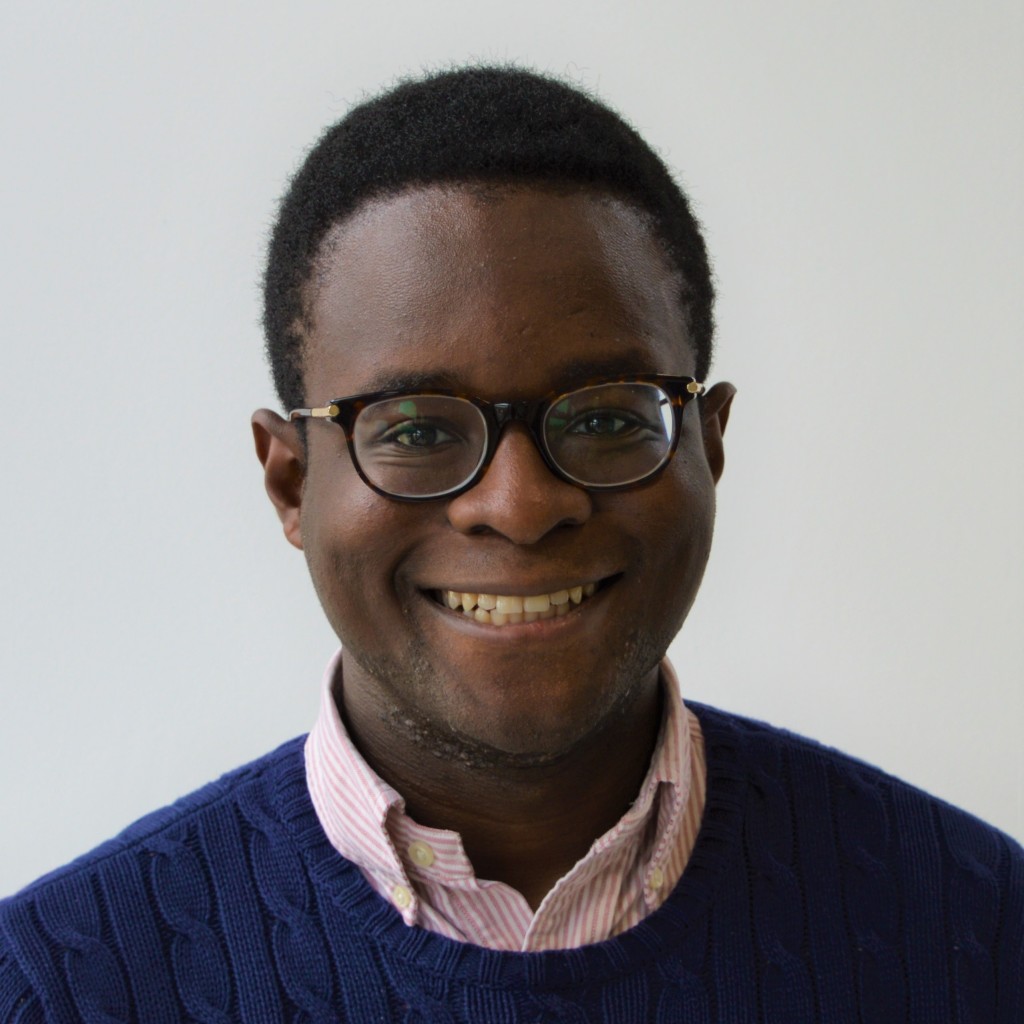
Didun is from Caerleon, South Wales, having been born in Nigeria. He holds an MSc in Astronautics and Space Engineering from Cranfield University, having read General Engineering at Grey College, Durham University. Didun was a recipient of the Royal Academy of Engineering and Royal Aeronautical Society MSc Bursary Award, and obtained a Joint UK Space Agency and ESA scholarship to attend the International Space University’s Space Studies Program; hosted by NASA Glenn Research Centre and Ohio University, in Athens Ohio. He has previously attended the SGC as a delegate of the UK at the SGC 2017 and 2018 in Adelaide, Australia with the NASA AES working group and Bremen Germany with the ESA working group respectively.
He works as an Applications and Advanced Design Research Engineer at GKN Aerospace specialising in Additive Manufacturing for aerospace components. As part of his work with GKN Engine Systems on Space Engine Systems manufacturing, Didun has worked on the Design for Additive Manufacturing process development for the ESA Prometheus engine.
Didun enjoys playing rugby, classical double bass and volunteering as a STEM ambassador, going to schools and hosting events that teach young children about the many career opportunities through STEM subjects.
Subject Matter Expert
Jonathan Krezel
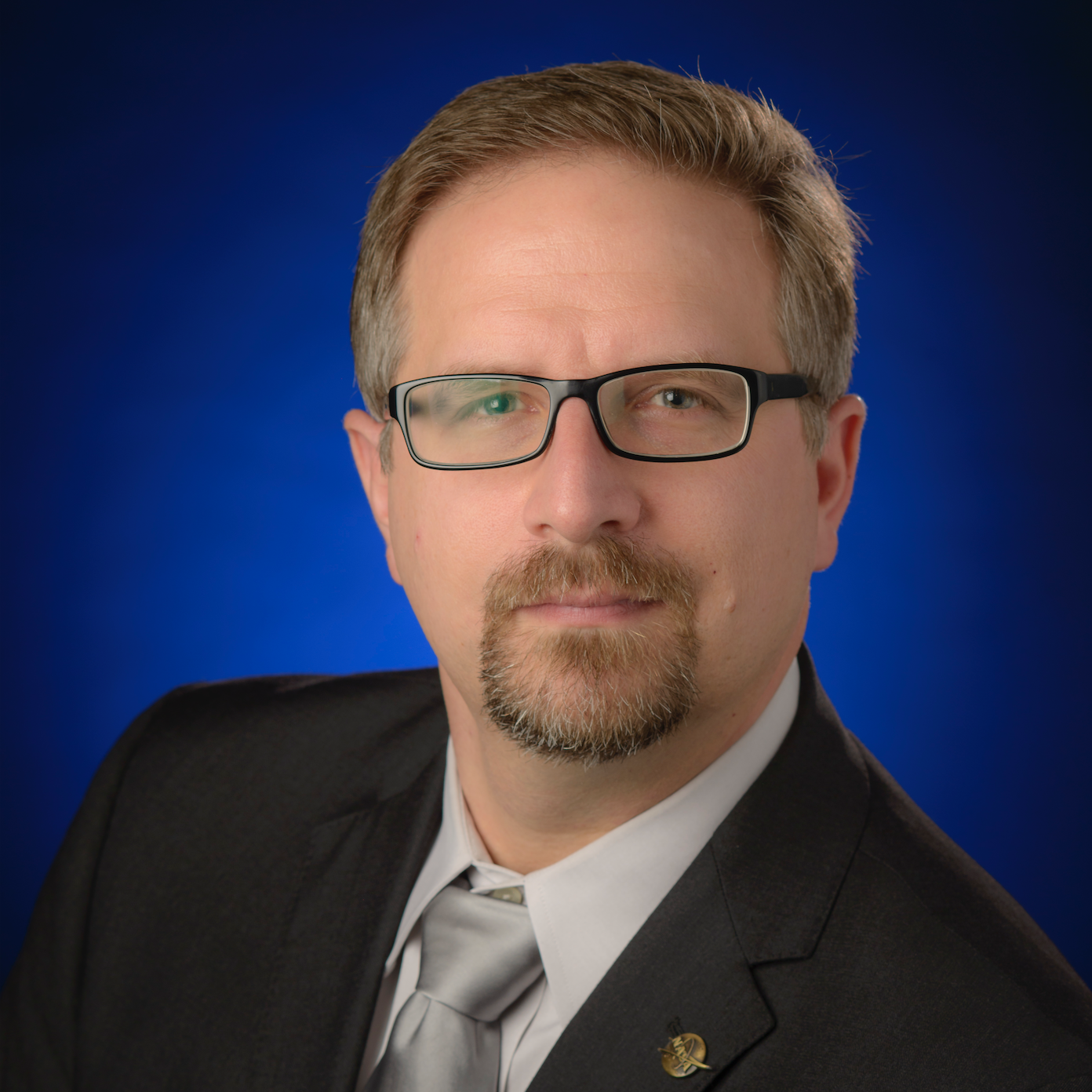
Jonathan Krezel is the Integration Manager for Exploration Systems Development (ESD) at NASA Headquarters, and is currently detailed to the Advanced Exploration Systems (AES) office where his is assisting with the startup of the enterprise overseeing the Agency’s Moon to Mars campaign. Prior to these assignments, Jonathan served as the Program Executive for the Space Launch System in ESD, and as the lead for Space Shuttle Transition and Retirement at NASA Headquarters. Since being hired by NASA as a Presidential Management Fellow in 2003, Jonathan has served a number of other roles, primarily as a policy analyst supporting the Space Shuttle office, the Chief Financial Officer, and the Jet Propulsion Laboratory. Jonathan received a bachelor of political science and history from the University of Connecticut in 1996, a masters of public administration from UConn in 2000, and a masters of philosophy in science and technology policy from the George Washington University in 2003.

Lockheed Martin Space (LMS)
Working Group Title: Pioneering the Moon – Development of Lunar Surface Mission Objectives
The world’s space agencies are developing the architectures and technologies to send humans back to the surface of the moon, but what should be their focus once they arrive? This working group will challenge the delegates to answer the question, “what justifies the level of effort required to send humans back to the moon?” What exploration and scientific objectives should missions focus their efforts towards and what in what priority should these objectives be ordered? Plans to explore the lunar surface are arising from space agencies around the world and are highlighted by Space Policy Directives in the United States to the Moon Village paradigm shift out of the European Space Agency as two examples. Delegates in this working group will be challenged to determine which scientific objectives have the highest potential merit, how realistic and achievable they are, and what the current or projected technology readiness level of the equipment required to achieve the stated objectives is or will be in the future. In addition, the delegates will need to list and provide recommendations for any policy or business case barriers that may impeded these objectives from being accomplished.
Questions for discussion for each session
1. What types of science should be the focus of lunar robotic and human missions?
2. What barriers exist to performing this type of science and how may the be overcome?
3. In what order of priority should these science objectives be performed, and barriers overcome?
4. Compare the pros and cons of past, current, and proposed technologies that could accelerate meeting science objectives on the lunar surface.
5. How should space agencies balance funding between lunar science and other planetary exploration?
6. What areas of scientific research or discovery overlap with exploration objectives?
Moderator
Peter Schulte
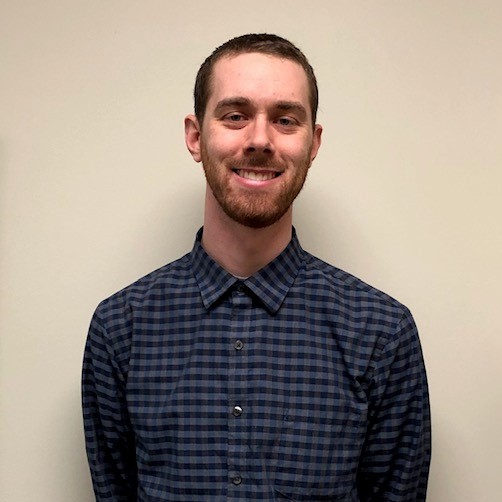
Dr. Peter Z. Schulte is a young professional working with Draper Laboratory on the Orion Multi-Purpose Crew Vehicle Guidance, Navigation, and Control (GN&C) subsystem at NASA Johnson Space Center in Houston, Texas. He has Masters and PhD degrees in Aerospace Engineering from the Georgia Institute of Technology (Georgia Tech) Space Systems Design Laboratory and a Bachelor’s degree in Aerospace Engineering from The University of Texas at Austin (UT Austin). He completed his doctoral dissertation under advisor David A. Spencer in the on the topic of aerospace vehicle fault protection, with applications to unmanned aerial vehicles and spacecraft autonomous rendezvous and proximity operations. As an undergraduate and Master’s student, Schulte worked on three student satellite projects: Bevo-1 (UT Austin), FASTRAC (UT Austin), and Prox-1 (Georgia Tech). He also participated in four summer internships and two spring semester co-op tours at NASA Johnson Space Center and one summer internship at NASA’s Jet Propulsion Laboratory. Schulte is the recipient of numerous awards, including the Luigi G. Napolitano Award from the International Astronautical Federation, the Future Space Leaders Grant, and the National Science Foundation Graduate Research Fellowship.
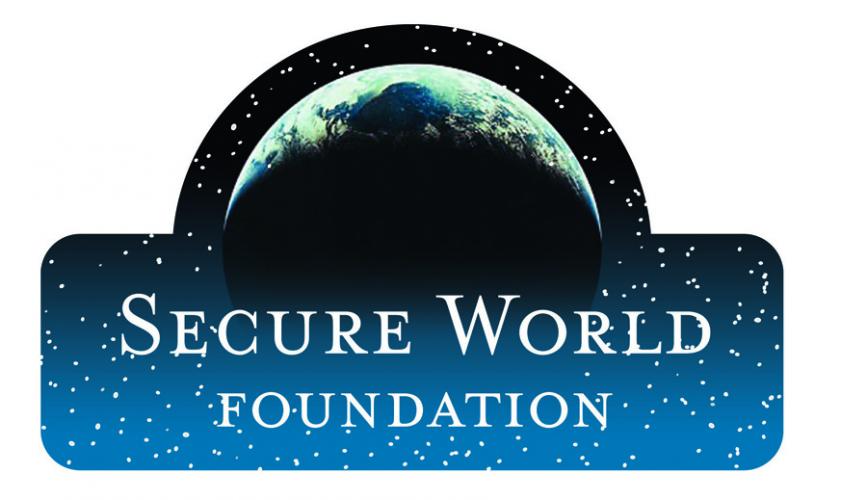
Secure World Foundation (SWF)
Working Group Title: Space & Global Health
To achieve a better and more sustainable future for all humankind, the United Nations has developed the 2030 Agenda for Sustainable Development in order to address global challenges in the form of 17 Sustainable Development Goals (SDGs). SDG 3 in particular seeks to ensure the health and well-being for all at every stage of life.
The potential of space-based services and technologies in transforming global health challenges have been recognised by the UN Committee on the Peaceful Uses of Outer Space. These applications broadly include but are not limited to:
- Studying and understanding the epidemiology of diseases with the use of spatial analysis, with a focus on deploying smarter strategies to reduce the spread of communicable and non-communicable diseases
- Monitoring environmental factors that affect human health and well-being, like air quality and traffic
- Enabling better access to healthcare through telemedicine
- Supporting health promotion and disease prevention through big data, connected medical records, and the use of wearable devices
In 2019, the Committee established a Working Group on Space and Global Health to facilitate the sharing of information, strengthen capacity-building, and foster new synergies between the space and health sectors. SGAC, in supporting the Working Group activities as a Permanent Observer of the Committee, wants to employ the creativity and innovation of the next generation to advance global health through the peaceful uses of outer space. In particular, we seek to put forth recommendations to the Working Group on:
- How to enable current non-space actors, especially UN multilateral agencies, governmental and non-governmental healthcare organisations, aid and humanitarian agencies, international financial and economic institutions, universities and hospitals, leverage space technologies to realise the benefits of space to their health-focused missions?
- How to create appropriate international structures and agreements, both legal and technical, to facilitate the sharing of space-technologies and space-derived data for the benefit of global health on Earth?
Questions for discussion for each session
- Focus: What are space-based services and technologies currently available in the present economy that are providing solutions to the health sector and who are the current users? How accessible are these services to the general public?
Desired outcome: Identify the existing services and technologies, the dominant countries (or group of people) using them and how expensive or cheap it is to access these services and technologies. -
Focus: What are the loopholes of these applications and where are areas of challenge that space technologies can help with (i.e., how space-based application can be used to reduce outbreaks of some particulars diseases in some regions of the world)?
Desired outcome: Ideas should be expressed based on what is presently feasible with the space science and technologies currently in space and the applications that can be derived from these missions. -
Focus: What are the possible ways non-space actors can engage these solutions into health missions and what are the possible challenges that will be faced in adopting these solutions?
Desired outcome: Possible application platforms should be identified and most importantly, the collaboration and operation between commercial services and nonprofit missions should be discussed. Intergovernmental relations, policies and laws differences between countries should also be discussed. -
Focus: Discuss possible ways to initiate appropriate international agreements and structures that will help encourage space technology and data sharing for the future to help the global health.
Desired outcome: Discussions should be focused on data sharing limitations, restrictions, health sector major challenges and major policies and laws that relate to the health sector. -
Focus: How should the non-space actors work together towards adopting the space-based services and technology to achieve the SDG 3?
Desired outcome: This is a general closeup of the whole discussion where major services have been looked into and the legal issues have been discussed and advice can be made on how stakeholders of the industry can work together toward the 2030 Agenda for Sustainable Development.
Moderator
Anthony Yuen
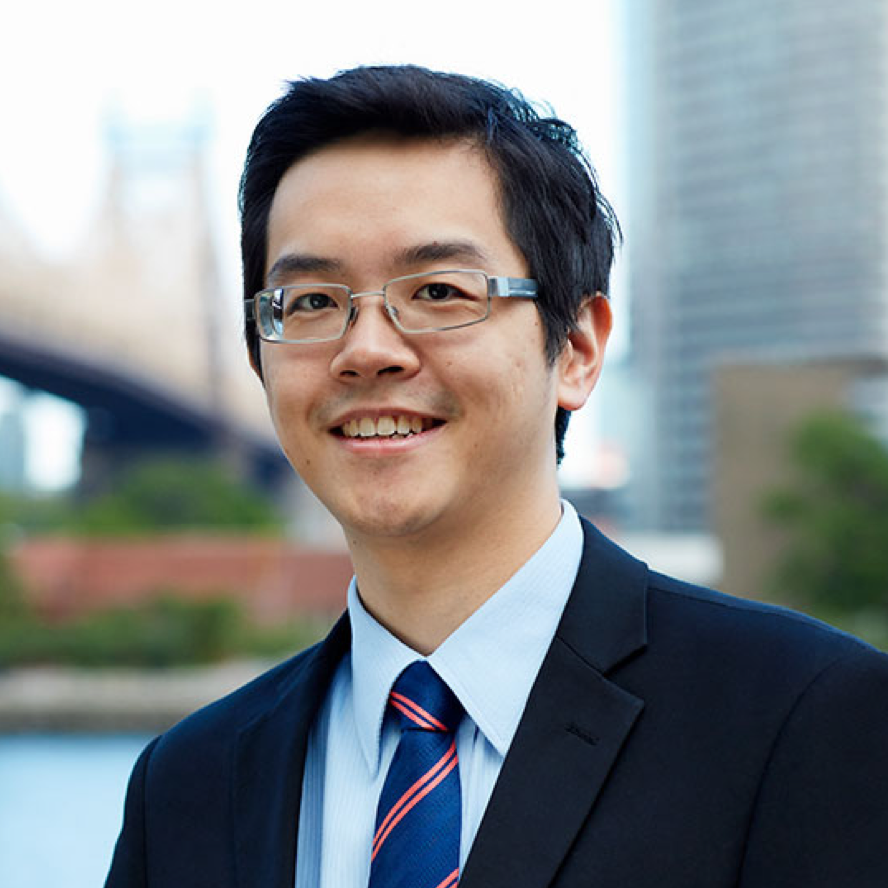
Anthony Yuen is a medical doctor with a degree in mechanical and space engineering from the University of Queensland in Brisbane, Australia. He is currently an emergency physician and an Assistant Professor of Clinical Emergency Medicine at NewYork Presbyterian-Weill Cornell Medical Center. Prior to medical school, he was the Chair of the 2006 Queensland Youth Aerospace Forum and attended the 2007 Space Station Design Workshop in Sydney. His experiences span areas as diverse as ramjets, global health, artificial hearts and medical simulations. He is currently the Co-lead of the SGAC Space Medicine and Life Sciences Project Group and the SGAC Treasurer. His eventual goal is to develop innovative approaches that encompass medicine, engineering and technology to overcome the challenges of long duration space flight on the human body.
Subject Matter Expert
Josh Wolny
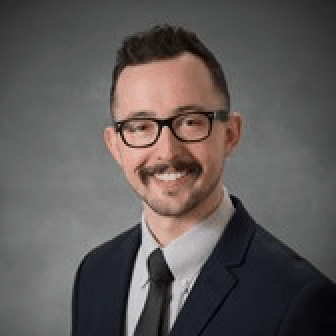
As a project manager, Mr. Wolny works to support all of the issue-areas that SWF is engaged in with research, event planning, and independent publications. His specific interests are space weather policy, space situational awareness, other security issues, remote sensing, and space commercialization. Prior to moving to D.C. for graduate education, Mr. Wolny was an eighth-grade science teacher in Cleveland, Ohio.
Mr. Wolny attended Cleveland State University where he earned a Bachelor of Arts degree in International Relations, focusing on East Asia. Mr. Wolny recently (May 2018) completed his graduate studies in International Science and Technology Policy, specifically Space Policy, at George Washington University’s Space Policy Institute.
Subject Matter Expert
Victoria Gammino
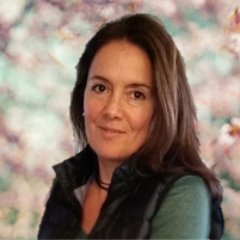
Dr. Gammino is the Chief Scientist of Disaster Intelligence and a Visiting Global Health Scholar at the Drexel University Dornsife School of Public Health. She
was an epidemiologist with the US Centers for Disease Control and Prevention (CDC) for 15 years, she has applied geospatial analytics and remote-sensing techniques to improve access to health care for hard-to-reach populations such as nomadic pastoralists and those living in conflict zones. Her professional portfolio has included infectious disease research in Africa, Asia, and the Americas to support tuberculosis elimination efforts and, most recently, polio eradication. From piloting the use of geospatial data to track polio vaccinators in northern Nigeria to conducting an outbreak investigation on a remote Pacific atoll, Dr. Gammino’s experience bridges sectors and continents. She has collaborated with the Radiant Earth Foundation, World Health Organization, UNICEF, FAO, USAID, host governments and non-governmental organizations to improve global health operations and strengthen policies through evidence-based practices. In 2013, she received the CDC Director’s Award for Innovation in recognition of her work to design PQS-compliant vaccine cold chain and specimen transport equipment.
Dr. Gammino holds a master’s degree in epidemiology from Tulane University and a Ph.D. in international health from Johns Hopkins University. She recently co-released a compilation of case studies to illustrate how providing access to spatial data can provide answers to an array of global challenges.

United Arab Emirates Space Agency (UAESA)
Working Group Title: The Need for Innovation in Mars Exploration
There are fundamental challenges in Mars exploration and much research is devoted to overcoming them. Furthermore, Mars exploration is a very expensive business and we need to identify innovative ways to reduce cost, and explore new potential technologies that can play a vital role in future planetary exploration (Mars and beyond).
Observing a planet from above is always very exciting, however getting on the surface of the planet for terrain exploration is very critical to yield important quality data. Rovers (Unmanned Ground Vehicle, UGV) played a vital role in Martian terrain exploration and provided valuable in-depth knowledge about the terrain and its soil composition. However, the exploration range of these rovers is very limited due to its complete reliance on its on-board camera for navigation, and even then, it requires extensive ground based operator intervention. The latter is problematic since communication from earth to Mars takes over 20 Minutes each way, which results in a very slow exploration process. Another challenge is the harsh environmental conditions on Mars, with extreme cold temperatures and recurrent long lasting dust storms combined with the low solar luminosity makes it harder to operate UGVs continuously. It will be interesting to explore whether power stations on Mars can enable continuous exploration even during the Martian night. In addition, it is worth exploring how we can utilize natural resources on Mars to generate power and build infrastructure that will allow Human exploration of Mars. Another challenge is the lack of continues communication channels with earth. One may explore how the two moons of Mars may be used as communication stations as well as to facilitate future sample return missions, and human exploration of mars.
The goal of Space generations congress-working group is to review the exploration technology and identify potential solutions to the challenges mentioned above.
Questions for discussion for each session
- Focus: What are the past missions that have gone to planetary destinations, what were their objectives, and how successful were these missions?
Desired outcome: Discuss the past missions of rovers that have been deployed to space, their limitations and successes. - Focus: What are the changes that can be made to the presently operational rovers on Mars to improve the design and manufacturing process of future rovers?
Desired outcome: New design approaches can be suggested in the discussions. - Focus: What are the possible risks of the new design concepts and what can be leveraged for these concepts (time of communication, battery life, Mars dust, etc)?
Desired outcome: This is very open to the ideas of the team, but, it is expected that the environmental conditions of Mars are taken into consideration in their discussions. - Focus: What exploration parameters should be focused on to determine the goal of these designs (life on Mars, water on Mars, specific archaeological data, embedded mineral resource and many more)?
Desired outcome: Discussions should be on what is expected for each mission, what is the goal and the possible measures that can be put in place for each design. - Focus: What are possible missions for next generation planetary explorations and what legal discussions should be initiated that will be important for lunar exploration missions?
Desired outcome: This is important to all countries and organisations involved. As many countries begin to have more objects in space, exploration and exploitation in legal settings and plans for the future should be initiated in the legal environment
Moderator
Ghanim Alotaibi
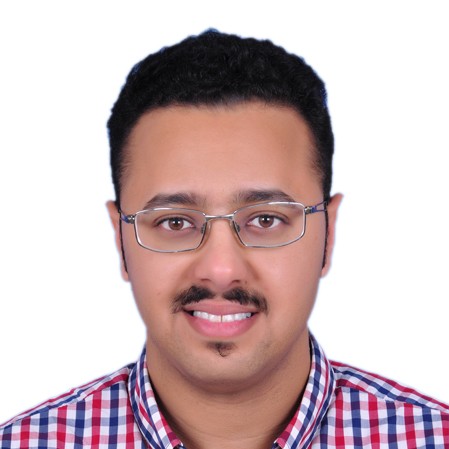
Ghanim Alotaibi is currently the system engineer for the Kuwait University CubSate project. He is also the founder of the Outer Space Team which aims to come up with a roadmap for an integrated lunar mining sector within the oil sector in Kuwait. Ghanim is also the event manager for Realizing the Moon Village – Participation of Emerging Space Countries and the Middle East Regional Coordinator for the Middle East.
Ghanim has a master degree in Photovolatics from Freiburg University – Germany, a BSc degree in Mechanical Engineering from Kuwait University and a graduate from the International Space University, the Space Studies Program 2010. Ghanim worked for 6 years in the oil sector in Kuwait before he commits his time to promote space in the country. Ghanim is also an analogue astronaut at the Mars Desert Research Station and an armature astronomer performing photometry projects for variable stars.
Subject Matter Expert
Ahmed Mashood
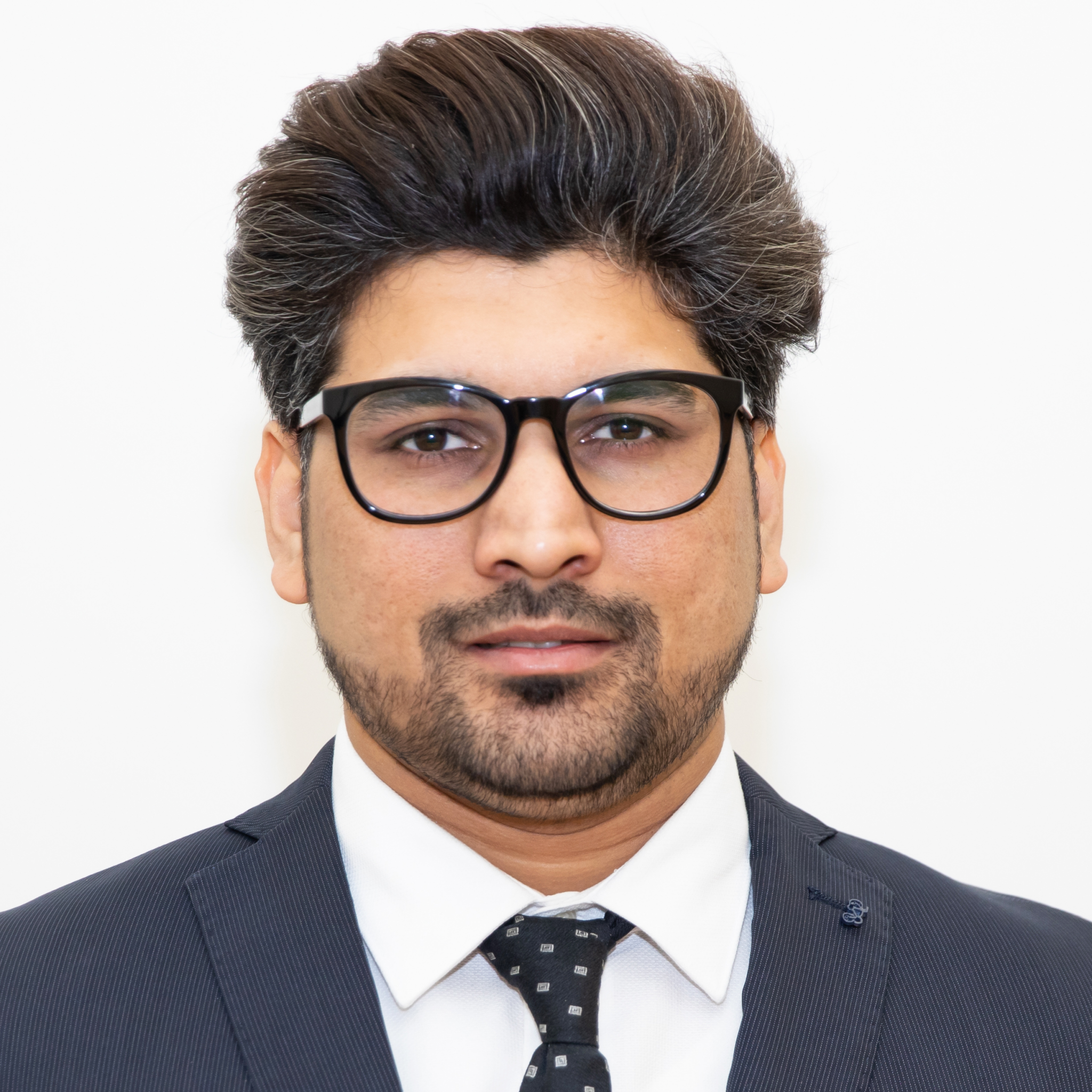
Eng. Ahmed Mashood is currently working at National Space Science & Technology center (NSSTC) at UAE University in Alain, as a Satellite Development Engineer. He has a MS in Nanotechnology & Microsystems from United Kingdom, and B.E in Electronics & Communication Engineering. He leads the Satellite training program in NSSTC. He also supports UAEU by providing hands-on training to school students in the field of embedded systems and smartphone Apps, with the aim of nurturing innovative thinking using STEM based learning approach. Mashood was the recipient of “UAEU Chancellors Innovation Award 2017” for his work on
developing ‘Swarm Intelligent Drone System’. He is also Project Manager for two R&D projects relating to the development of Satellite On-broad computer Hardware and Embedded software. Mashood is also a philosopher and a futurist. He also has interest in politics and economics, and has huge appetite for knowledge.
Subject Matter Expert
Dr. Khaled Al Hashmi
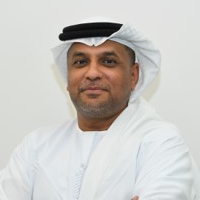
Currently working as Director of Space Missions, Science and Technology and Chief Technology Officer at the UAE Space Agency. Spearheading the program management of the UAE Mars Mission “The Hope” project, directing the development and execution of the national space mission/satellite programs and the Space Science & Technology and Innovation roadmap. Assigned currently as Director for the National Space Science and Technology Centre in UAE University to support the development of space R&D and satellite build activities. Successfully led several transformational change initiatives an supported establishment of two new government entities. Also spearheaded development and organizational projects, governing the alignment of mandates with policies, people, processes & systems in a government entity in Abu Dhabi in his role as Executive Director of Strategy, Policy and Business Excellence. He held several roles in senior management positions that demanding critical business transformation as Chief Operating Officer, Executive Director, and Director at various Space, Aerospace, Oil & Gas industries, government administration and state-owned enterprises. Earned in 2018 a DBA from University of Manchester, in 2011 graduated from Harvard Business School–General Management. His first Degree was a BSc in Aerospace Engineering,1991, from Saint Louise University – USA, followed by an MSc in Thermal Power & Fluids Engineering, 1997, from the University of Manchester – UK.

Special Track
Working Group Title: Mobilising and engaging the #SpaceGen to deliver the SDGs
In February 2019, the Space Generation Advisory Council (SGAC) was thrilled to strengthen its relationship with the United Nations Office for Outer Space Affairs (UNOOSA) through the signature of a Memorandum of Understanding. Both SGAC and UNOOSA committed to work jointly in supporting young people in line with the Secretary General’s ‘Youth 2030 strategy’, launched in September 2018.
The SGAC impact reaches as far as our member base and as broad as our involvement in the space sector. SGAC’s vision is “to employ the creativity and vigour of youth in advancing humanity through the peaceful uses of space”. The products of SGAC events and project groups activities shape space policy at every level and has been referenced by other delegations at UN COPUOS, and by industry players. Our objective is to articulate and frame a new long-term vision for space that aligns – to the greatest extent practicable and in a manner consistent with the United Nations Space Agenda – with the views of the future generation of space leaders. With UNOOSA, we share a common mission towards the involvement of the next generation in the achievement of the Sustainable Development Goals.
Following the success of the ‘Space for Youth’ Competition, organised by SGAC and UNOOSA and aimed at engaging youth in the discussion of how space science and technology can be used to power the Sustainable Development Goals (SDGs), SGAC wishes to pursue its efforts by introducing a Working Group on the topic of the SDGs at the Space Generation Congress (SGC) 2019.
The following topics will be discussed:
- What are the vision and aspirations of the next generation in regards to 2030 agenda?
- What is an enabling environment both offline and online that ensures young people can be partners and leaders in the implementation of the global development agenda?
- What role can governments and development actors play in strengthening policy, practices and support mechanisms for youth development?
- What are the needed capacities and the requirements for young people to more effectively engage in social and political debates on SDGs?
- What role can an organisation like SGAC play in providing a platform for youth engagement in the global sustainable development agenda?
Parallel Case Study:
SGAC activities have so far resulted in concrete contributions towards the realization of many SDGs. Nevertheless, such results have not always nor entirely been ascribable to SDGs-aware leadership and members. Instead, they have more often stemmed from a coincidental alignment of SGAC goals and strategies with the UN SDGs, as well as with the Millennium Goals before these.
A major and more significant impact can be obtained by intentionally and purposefully integrating the SDGs in an organization’s strategies, processes and activities; and a proposal for SGAC is therefore made, in order to have the pursuit of SDGs hardwired in the organization, from its strategy to its day-by-day operations. In such a way, SGAC will be more effectively and efficiently contributing to the realization of the SDGs, in particular enabling the Space Generation to have a stronger voice in the implementation of the Space 2030 Agenda.
The objectives of the Working Group are:
- Provide an opportunity to engage in debates and raise awareness on the issue of youth’s engagement and participation in space and sustainable development
- Provide exposure to experts, youth voices and data on these issues
- Provide the opportunity to report on issues in a view to amplify the voices of the next generation at the national, regional and global levels
Over three days of SGC, the Working Group delegates will share their experiences, discuss challenges and opportunities, and identify areas of action for youth to effectively engage in delivering on SDGs.
Questions for discussion for each session
- Focus: What are the visions and aspirations of the next generation with regards to 2030 agenda and how can organizations like SGAC help promote engagement of the youth in the global SDGs?
Desired outcome: Today, there are 1.2 billion young people aged 15 to 24 years, accounting for 16 per cent of the global population. The active engagement of youth in sustainable development efforts is central to achieving sustainable, inclusive and stable societies by the target date. Discussions on what is the right framework for youth involvement in SDG achievement. -
Focus: What enabling environments (online and offline) can be developed for the youth to enable capacity and promote engagement & leadership in SDGs development?
Desired outcome: The youth of today are growing up in a fast changing world driven by innovation, communication and technology. Bridging the digital divide that exists between the rich and the poor as well as between rural and urban populations help to better equip the youth to support the economic, social and environmental transformation of our society. Discussion about creating safe spaces and effective platforms for the youth to contribute to the achievement of the SDGs. -
Focus: What role can governments and development actors play in strengthening policy, practices and support mechanisms for youth development?
Desired outcome: Critical to the success of the 2030 Agenda are the role of young people in engaging with local and national government in delivering on policies and programmes on the ground; the role of public-private partnerships in driving the implementation of the 2030 Agenda, including financing and harnessing technology for data collection and utilization; and the role of youth participation in informing equitable and diverse policy design, implementation, monitoring and evaluation. Discussions and recommendations on partnership opportunities with relevant institutions and organizations.
Moderator
Stacha Petrovic
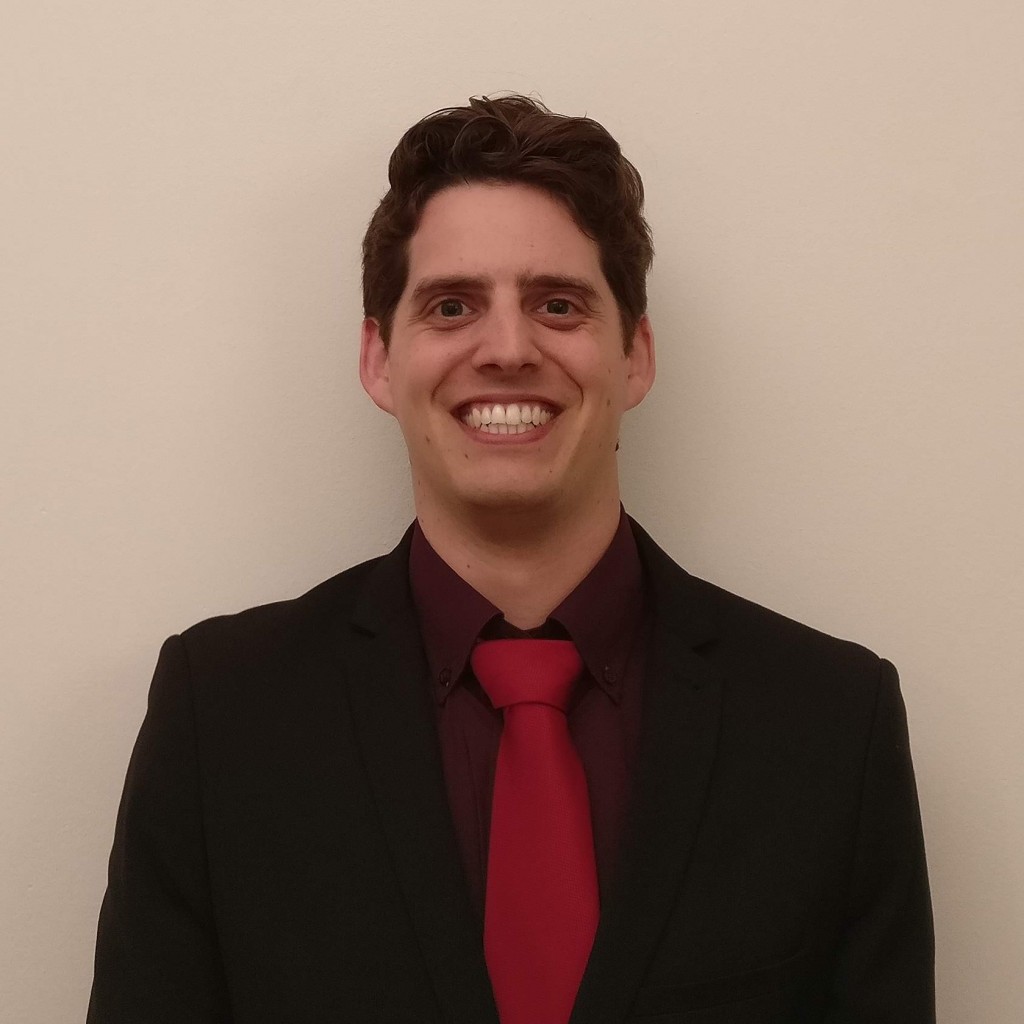
Stacha is an Aerospace Engineer working in the European Launcher Industry and the SGAC National Point of Contact for The Netherlands. During his studies he researched ascent and descent trajectories for lunar missions at DLR in Germany as well as Martian ascent trajectories at NASA/JPL in the US. Currently however, he is mainly involved in the field of propulsion. He spends most of his free time travelling; discovering new places and new cultures. His goal is to engage as many people as possible and connect them to other space enthusiasts and professionals around the world.
Moderator
Oscar Ojeda
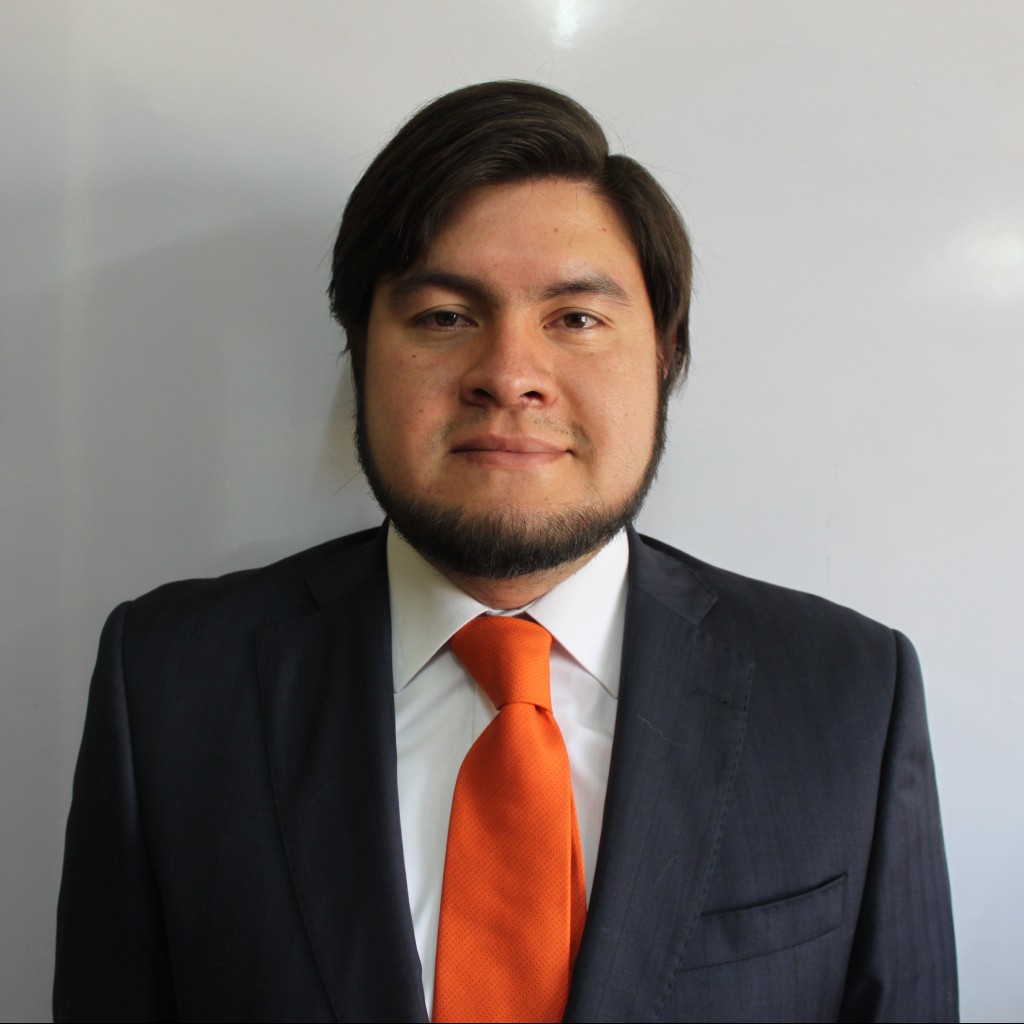
Oscar Ojeda is a mechanical engineer from Universidad Nacional de Colombia, and student of the Masters at the School of Aeronautics and Astronautics of Purdue University. He is currently the Regional Coordinator for the Space Generation Advisory Council for South America. During his studies he founded and coordinated the Aerospace Research and Development Group of his university, where he has led projects in rocketry, space policy, and currently is working in space exploration, with the Cóndor Space Suit Simulator, and an analogue greenhouse for crop production. in 2017 he participated of a Research internship at Purdue University, where he developed a wheel to be used in rovers, as well as 3D printers of cementitious materials. Oscar is passionate about human exploration of outer space, and in particular of planet Mars, his current field of work is on human systems and performance, robotic systems, and analogue research. In 2018 he was part of the analogue mission to Mars, Latam-II, at the Mars Desert Research Station (MDRS) in Utah, United States. In January 2019, he participated again at MDRS as Commander with the first 100% Colombian crew.
Subject Matter Experts
Carmen Victoria Felix
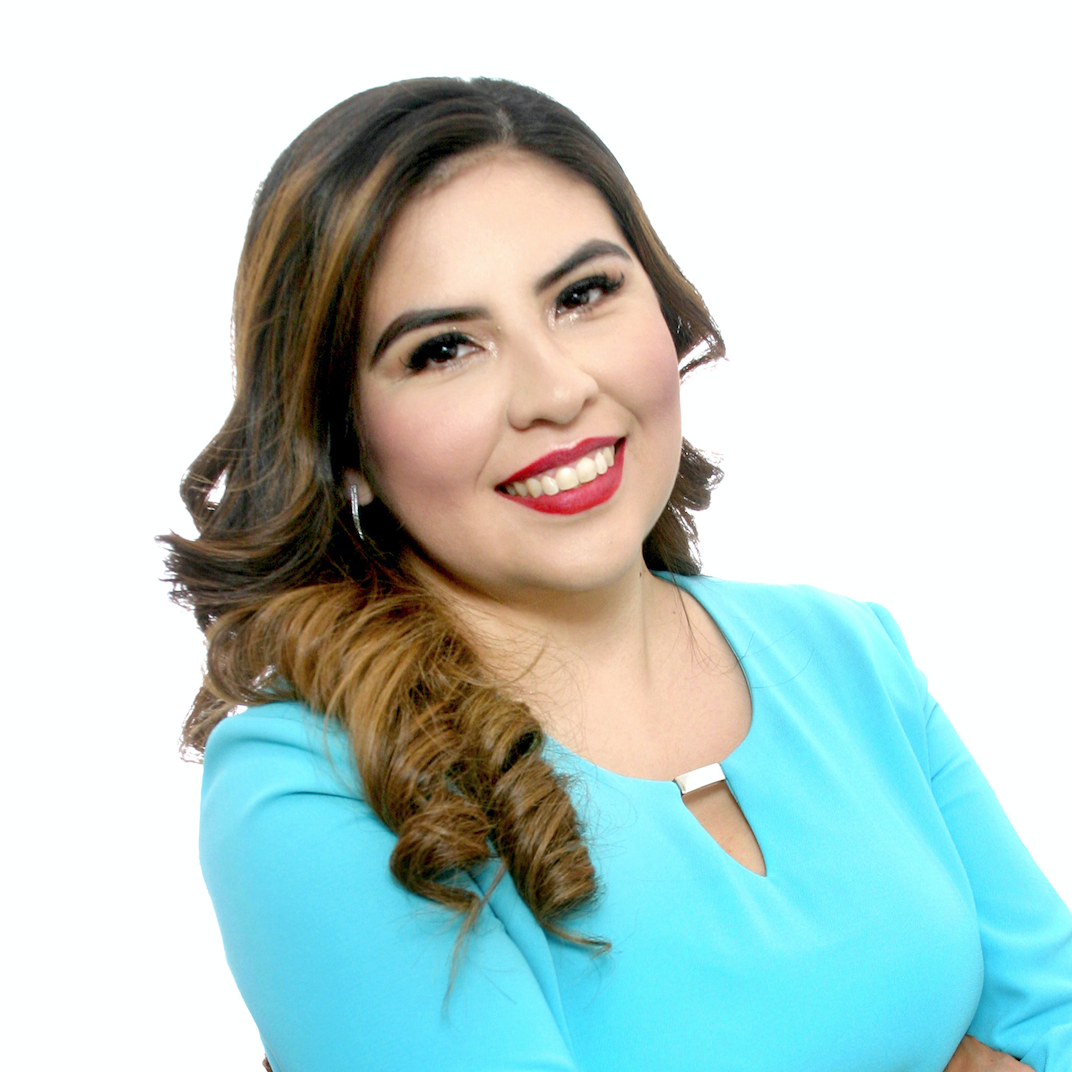
Carmen Victoria Félix is a Mexican space consultant with a BSc in Electronics and Telecommunications Engineer and a Masters in Space Sciences.
Carmen has professional experience in the field of networks, telecommunications, software and hardware testing, and satellite systems. She worked at NASA Ames Research Center for the department of small satellites. While at NASA, Carmen started collaborative programs between Mexico and NASA Ames to offer Mexican students the opportunity to do internships and summer programs at this center. She participated as one of the experts in the creation of the Mexican Space Agency, where she shared her ideas and proposals for the foundations of the space sector in Mexico.
She has been Teaching Associate in the Summer Space Programs offered by ISU and has taught at the Space Business & Management department for several years.
Carmen has been member of the Space Generation Advisory Council since 2009. She served as a point of contact in Mexico for four years and has been leading space-related programs for the younger generations around the world. Carmen has worked on Mars analogue missions in Austria, Spain, USA, the Netherlands and Poland, covering roles like engineer, control center team member, crew, capcom, and mission director.
Based in the Netherlands, Carmen has been collaborating with organizations like the International Association for the Advancement of Space Safety, a nonprofit that focuses on scientific and safety development in all space systems, the “Women Towards Space” group of the Mexican Space Agency, the Mentoring Group “STEM Girls Can” program of the Mexican Public Education Secretary, and the Organisation for Economic Co-operation and Development.
In 2018, she was the first Mexican to graduate from the Citizen-Scientist Astronaut Candidates Program by project PoSSUM, performing acrobatic flights, tests and operations in space suits, egress training in space capsules, emergency procedures and survival at open water, and parabolic flights to conduct microgravity experiments for MIT and the Canadian Space Agency.
Carmen has been awarded by international organization like SGAC with the Young Space Leader in 2017 and the Pioneer Award in 2019. She was included in the Forbes’ list of the 100 Most Powerful Women in Mexico in 2017 and 2019, in the “Sinaloenses Ejemplares” Hall of the Government of Sinaloa, in the list of the 50 People that Transform Mexico, and she is winner of the “Woman Tec 2019” award by Tec de Monterrey. She is considered among the 100 life stories that are shared in the book “Those Who Inspire: Mexico ”of UNESCO, and the book“ Mexicans that changed history”
Subject Matter Expert
Javier Stober
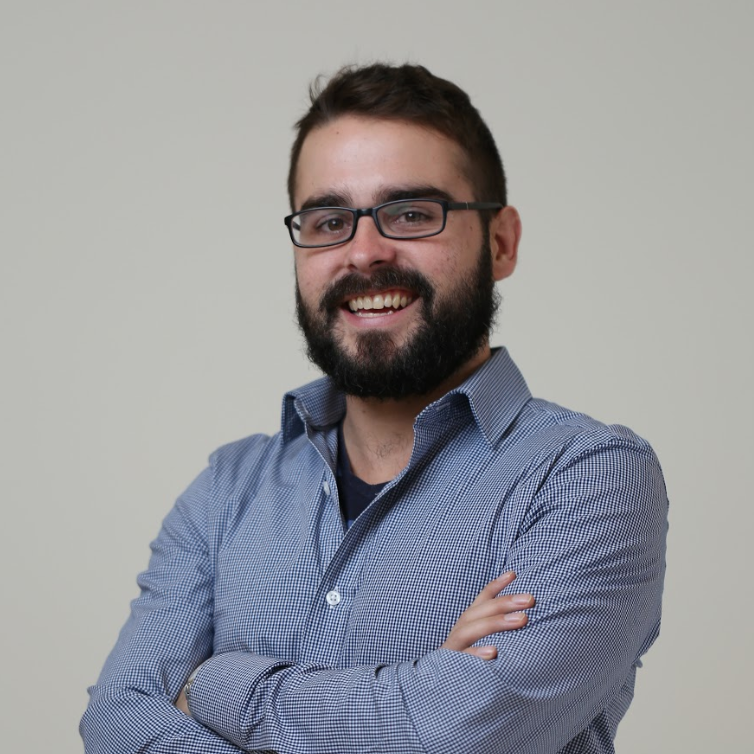
Dr. Javier Stober is a Research Engineer in the Space Enabled Research Group. In that role, he leads the development and operations of the satellite laboratory and fosters collaborations with partnering organizations. Javier earned Ph.D. and M.S. degrees in Aeronautics and Astronautics from Stanford University, researching novel propellants in the area of experimental hybrid rocket propulsion, as well as B.S. degrees in Mechanical and Aerospace Engineering from the University of Florida. He has worked at various organizations across the engineering landscape, public and private, small and large, foreign and domestic, including NASA, Honeywell Aerospace, Boeing, and Space Propulsion Group.
Subject Matter Experts
Tim Searle
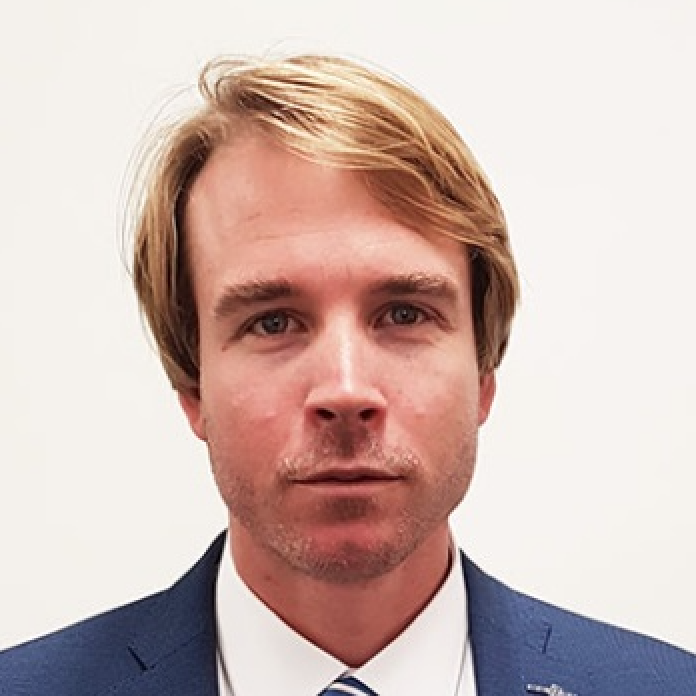
Tim Searle is a Senior Policy Advisor at the New Zealand Space Agency. The New Zealand Space Agency is the lead Government agency for space policy, regulation and business development relating to outer space and high-altitude activities from New Zealand. At the Space Agency his work stream covers a number of areas which fall under the space umbrella, including: developing policy, negotiation of international agreements and the design of R+D investments.
Prior to working at the New Zealand Space Agency, Tim was working at Spacetec Partners, a space specific management consultancy, where he worked on a number of public European Space projects with public institutions (European Commission, ESA, EGNSS and National Space Agencies). Tim’s earlier work outside of the Space domain included strategy consulting on new technologies to enhance primary industries.
Tim’s key strengths lie in Space policy, market forecasting, access to finance and economic modelling. Key technology focusses are: small launchers, the small satellite market, disruptive new technologies and clean space.

European Space Agency
Working Group Title: Education to meet future space sector competencies and skills’ needs
It is thanks to teams of talented and competent People that the European Space Agency has, since its establishment, successfully designed and implemented a space Programme for Europe. To maintain its leadership, capabilities and to build the Human Capital it needs to implement its future Programmes, it has no other choice, in a rapidly changing environment, than continuously investing in education and in the development of People.
Society at large is undisputedly acknowledging the need to invest in Education (STEM and beyond) to properly respond to on-going socio-economical changes. This is to be achieved by identifying – as a joint societal effort – the so called 21st century skills, and by pursuing their development in the young generation through education initiatives and programmes that effectively cater for it. In particular, for the purposes of the ESA Education Programme, the changing scenarios that particularly require a proper response are:
- New Space
- Societal challenges (climate, resources, energy, health, safety, and more)
The European Space Agency’ Education Office recently kicked-off the ‘Space Education 2030’ initiative; a reflection on the long-term evolution of the ESA Education Programme, in accordance with the evolution of space and education sectors, and that of Society at large. With ‘Space Education 2030’, the Education Office aims in particular at supporting the Education Community to effectively prepare: “for jobs that have not been created; for technologies that have not yet been invented; to solve problems that have not yet been anticipated”[1].
[1] OECD; The future of Education and Skills (Education 2030); 2018.
Questions for discussion for each session
- Focus: Which are some of the anticipated societal problems that need to be considered now in preparation for the future?
Desired outcome: Identification of upcoming barriers and challenges in socio-economic development that will need to be considered. - Focus: Which areas of technology and skills development should be invested in now to address upcoming societal and developmental challenges?
Desired outcome: Discussion around potential solutions to future challenges and opportunities of investment, collaborations and skills development. - Focus: How can space agencies, youth organizations, education sector and tech companies ensure opportunities in capacity building, education and technology are created for the young generation to cater for the demand in innovative skills and capacity?
Desired outcome: Discussions around opportunities for partnerships between relevant organizations towards capacity building for the youth by identifying overlapping objectives for relevant organizations. - Focus: What are the progress made and shortfalls present that need to be worked on to continue promoting STEAM for socio-economic development (e.g unfavorable environment, funding, equal access, cultural barriers, diversity inclusion,etc)?
Desired outcome: Identifying existing gaps and barriers to the promotion of STEAM. - Focus: How can these shortfalls be addressed through partnerships, technology and financial investments?
Desired outcome: Potential solutions to overcome challenges in STEM/STEAM development.
Moderator
Ana Raposo
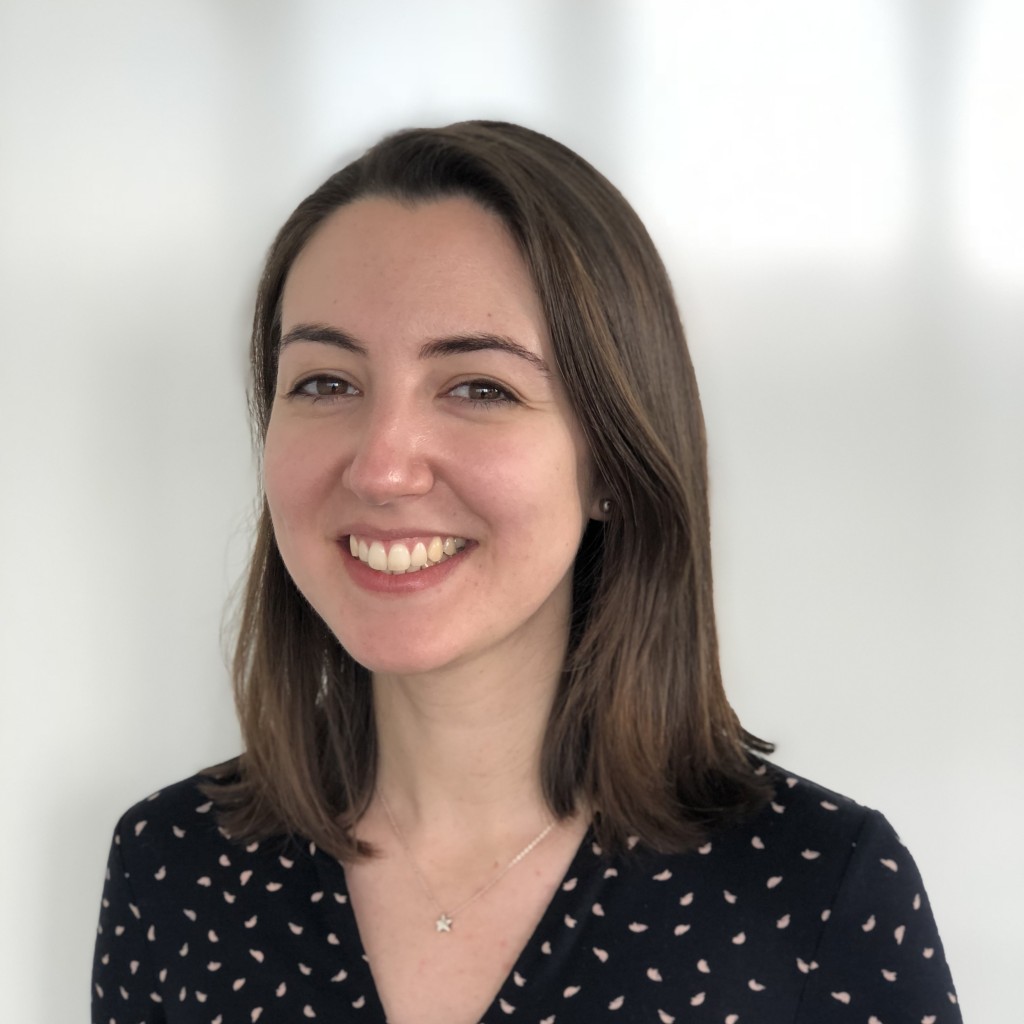
Ana is a space applications engineer at the European Space Agency (ESA), where she works with companies that use space data and technology to develop commercial services able to improve life on Earth. She has been in the space sector for 9 years having worked in different types of organisations, from a start up to a space agency, in 4 different countries. Ana first got involved with SGAC in 2013 when she joined as a project coordinator and she is now the co-manager of the 4th European Space Generation Workshop in London. Ana has a masters in Aerospace Engineering from Instituto Superior Tecnico, in Portugal, and a masters in Business Management from the University of Warwick, in the UK.
Subject Matter Expert
Monica Talevi
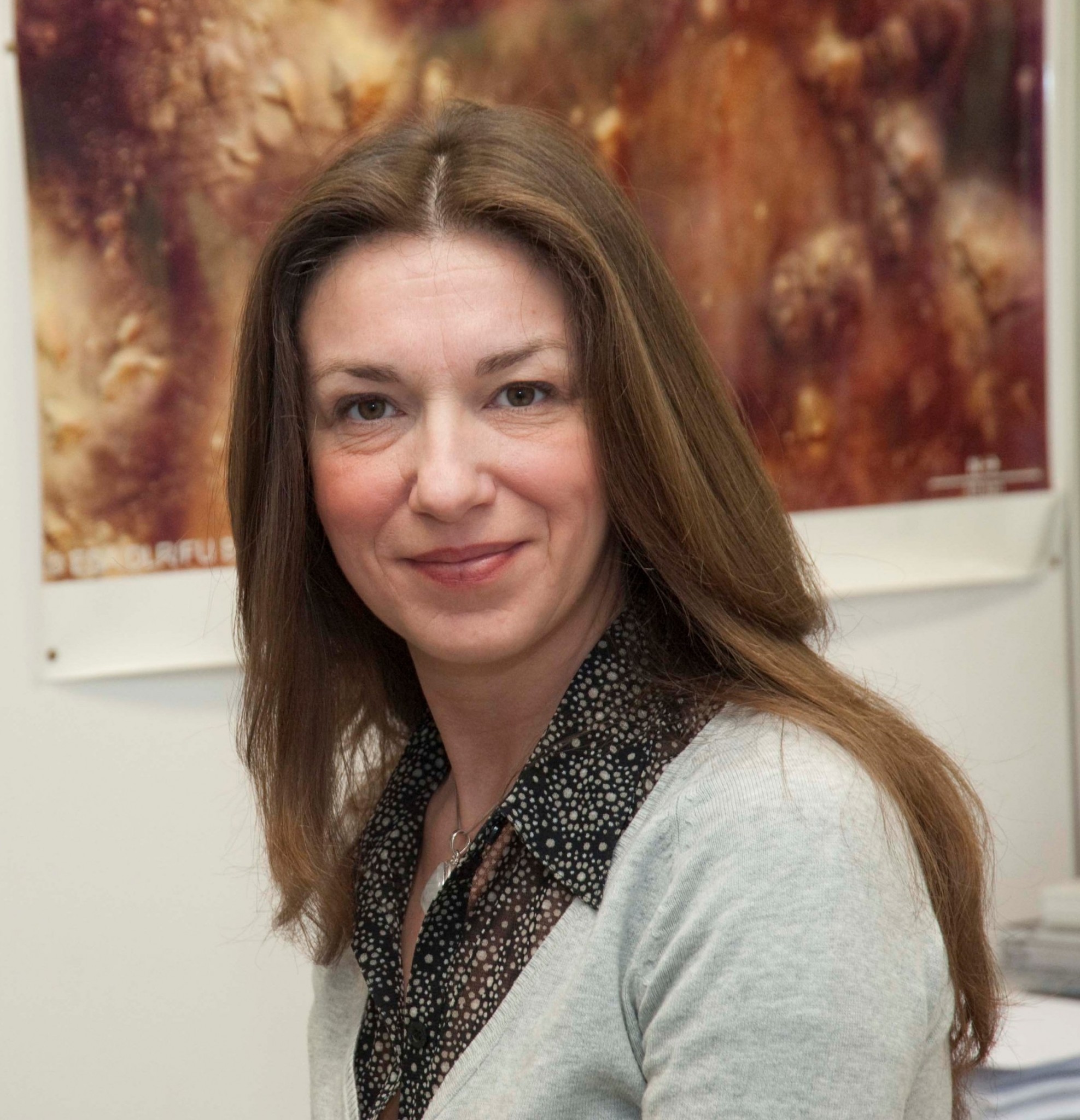
Monica Talevi graduated in Mathematics and Astrophysics at the University of Rome ‘La Sapienza’ in 1997. Shortly after graduation she joined the European Space Agency (ESA) under the Young Graduated Trainee programme.
In 1999 she joined the newly created Science Programme Communication Service in the Science Directorate, where she served as Information Manager. She later joined the ESA Communication Department as Science Programme Communication Coordinator, a position that she occupied until 2009, managing communication campaigns for many ESA’s space science missions.
In 2010 she joined the ESA Education Office in the Policy and Coordination Unit. In 2012 she became Head of the Education Outreach Unit and later Head of the STEM Education and Outreach Unit, her current position.
Monica Talevi supports the Head of the Education Office in the definition of the ESA education policy and strategy, and she is in charge of planning and implementing all the ESA Education programmes targeted to school-age levels.
Subject Matter Expert
Hugo Marée
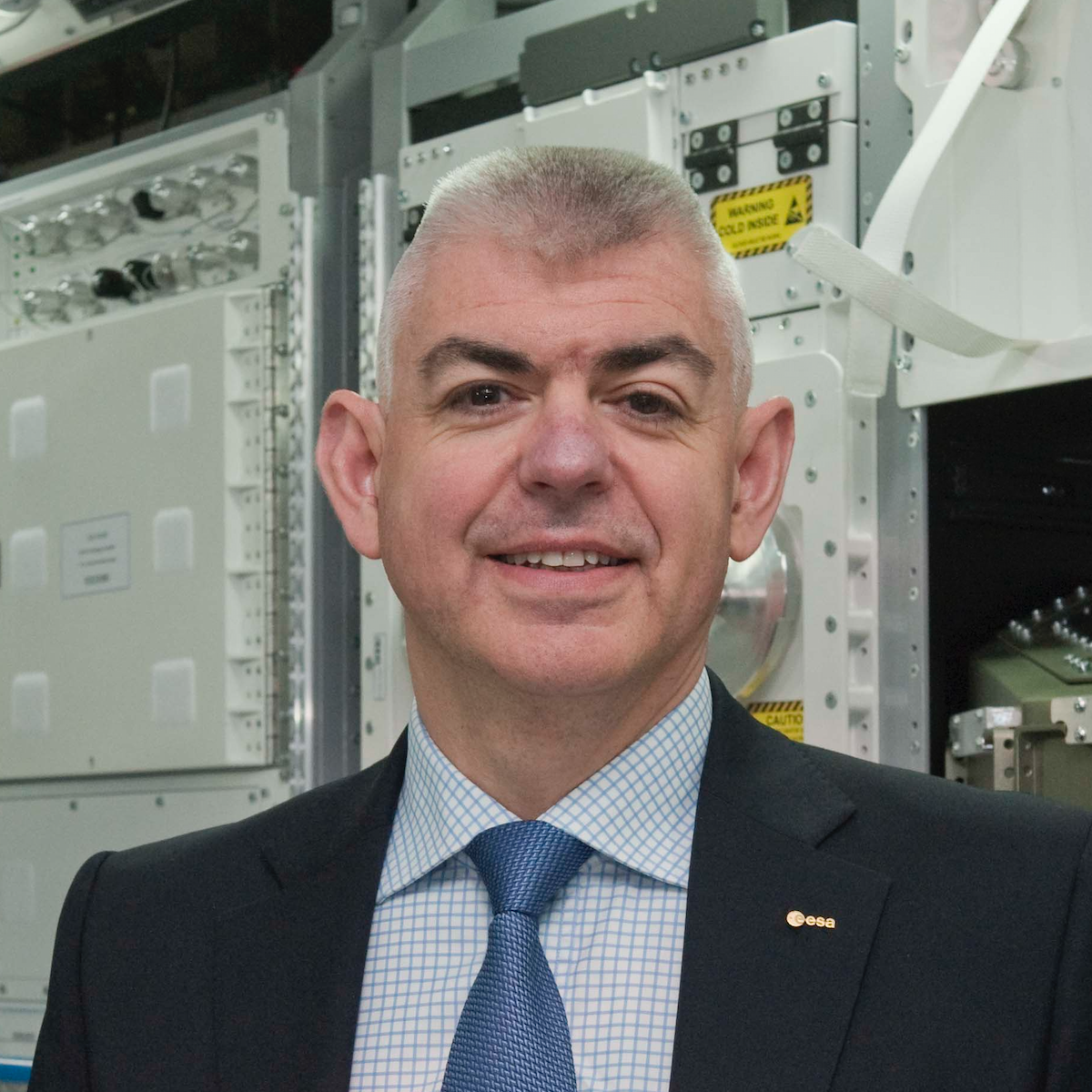
Hugo Marée, graduated in 1987 from Antwerp’s Maritime Academy and started his professional career as Senior Operations Controller for the ECS and MARECS satellites at ESA’s tracking station in Redu (Belgium).
He then joined in 1992 the Euro Space Centre – a space-themed edutainment facility – in Transinne (Belgium) where he eventually became Director between 1995 and 1999.
In 1999, he joined the Science Programme Coordination and Planning Office at the European Space Agency’s Headquarters in Paris where he administered the Science Programme Communication Service and later served as the Executive Secretary to the Science Programme Committee. He moved in 2005 to ESA’s Education Office (based at ESA/ESTEC in the Netherlands) to lead the Policy and Coordination Unit. He is, since 2011, the Head of ESA’s Education Office; in that capacity, he is in charge of defining the ESA Education Policy and following up its implementation in close coordination and collaboration with partners in the ESA Member States.


